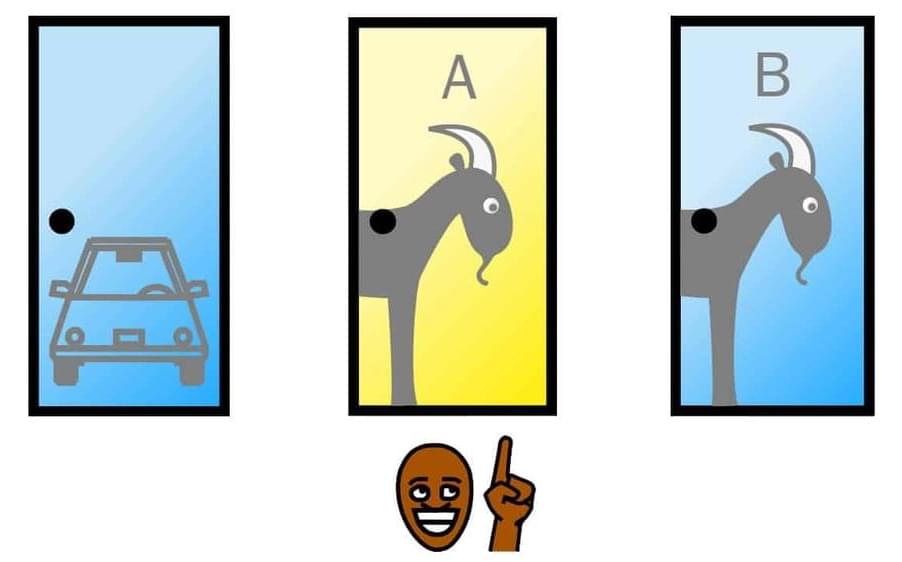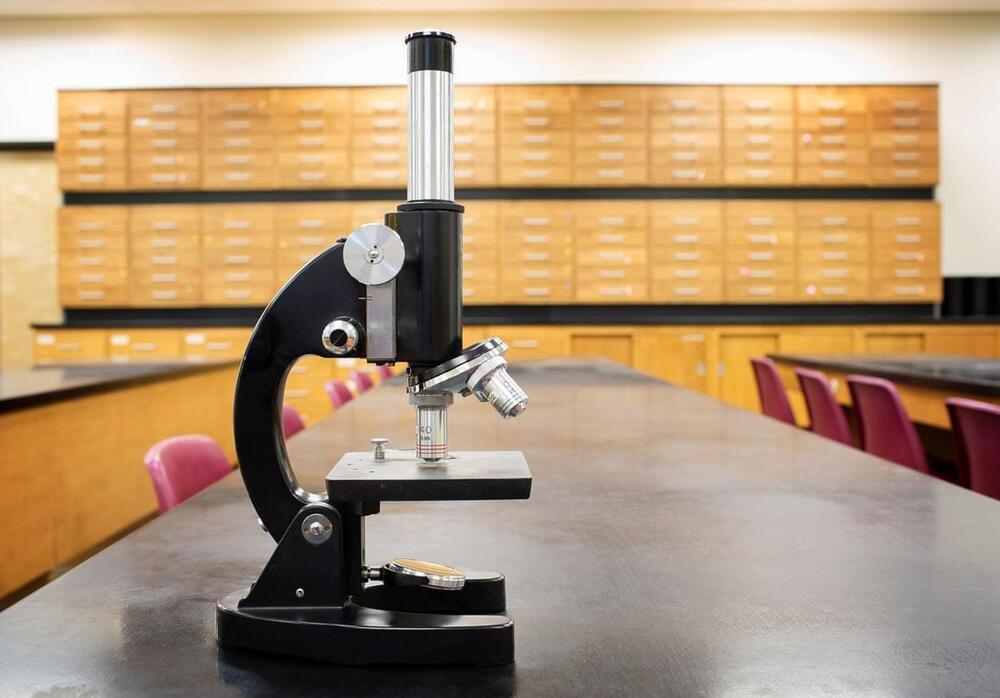It was a career-defining (and perhaps life changing) moment when Dr. Vittorio Sebastiano, a reproductive biologist by training, realized that because we are able to create life, that same body of information could be harnessed to create youth — that is, radically reverse our biological aging process to a younger time point without losing cellular identity.
In 2014, he and his lab began unpacking this epiphany. They made the radical decision to conduct their investigations in human cells and tissue rather than in rodents, with the expectation that such a start would be a better bridge to human clinical trials.
Flash forward a decade and Dr. Sebastiano and his team stand poised to begin trials in humans. Dr. Sebastiano is, in my opinion, one of the most extraordinary scientists in the longevity space today who flies under the radar of most of us in functional medicine.
In this podcast — which is actually two-in-one because I continued the conversation with him on a second date — you’ll hear about the remarkable work they’re undertaking at his lab. For example: They’ve created a biological clock that encompasses the whole genome consisting of millions and millions of CpG sites. They are able to clearly demonstrate the reversal of bioage using their methodology — a cocktail of Yamanaka factors plus, with clear time limits — which changes the epigenome first, and in so doing influences all of the hallmarks of aging. Teaser: they’ve identified one intervention routinely used in clinical practice that influences their bio age clock in the same way that their cocktail does. What is it? I was riveted with this conversation, as I am sure you’ll be. Leave a review if you like it, and — Yes — let me know what you think. I know this will prompt deep questions for you, as it did for me. ~DrKF
Check out the show notes at www.drkarafitzgerald.com/fxmed-podcast/ for all the relevant links and resources.




